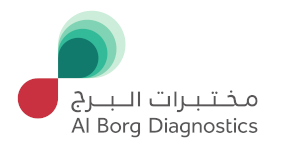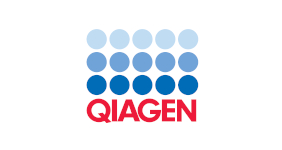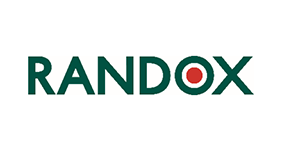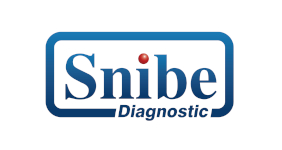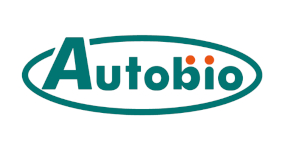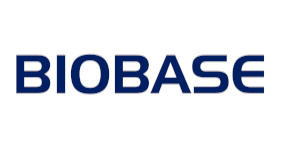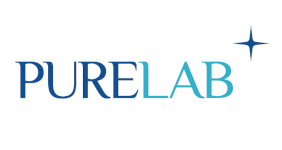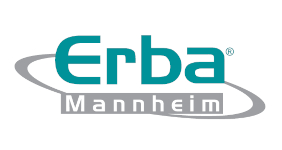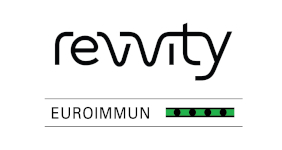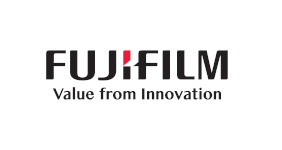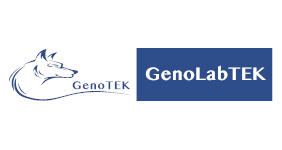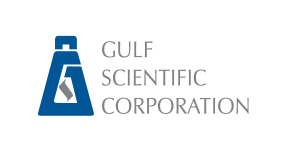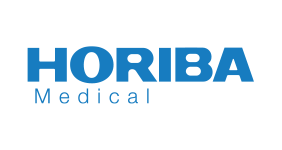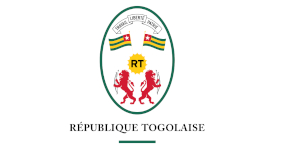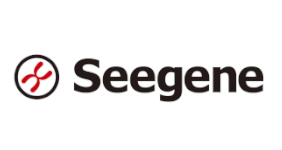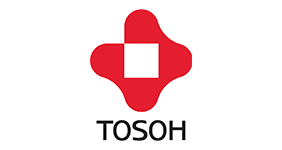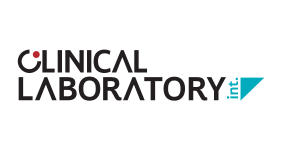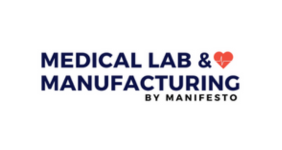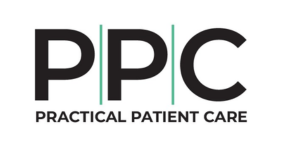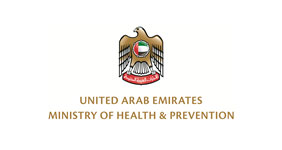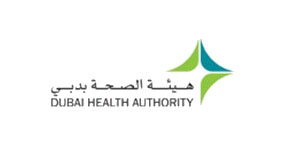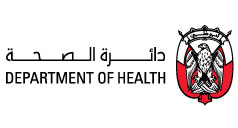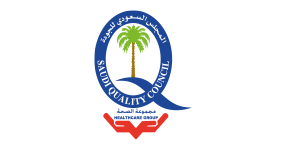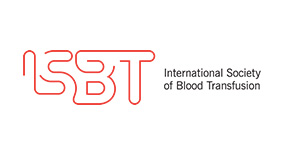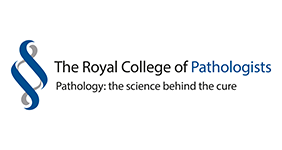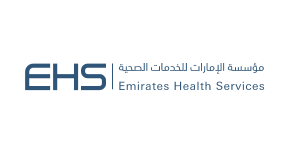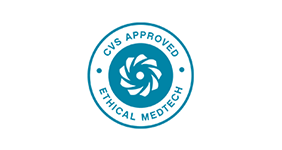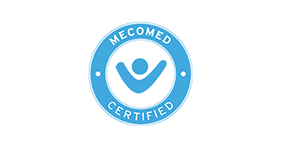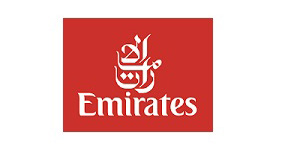The role of the Laboratory Manager: adapting to trends and challenges
With approximately 60% - 70% of doctor’s decisions regarding a patient’s diagnosis, treatment, hospital admission and discharge now based on laboratory test results, there is an increasing need to understand the best ways to manage
the laboratory, increase efficiency, while also maintaining the level of quality.
The ability to provide strategic laboratory leadership in a disruptive healthcare environment, while also harnessing the power of data, utilising new technologies and keeping an eye on the bottom line, now form the cornerstone of effective laboratory management best practice and protocol.
According to Carlo Kaabar, Laboratory and Quality manager at Al Zahra Hospital,Sharjah, UAE, the same trends and forces impacting healthcare generally will also continue to impact laboratory medicine. “These include artificial intelligence, big data, wearables, personalised medicine, point-of-care testing, automation, healthcare reforms in the way of a shift
from volume to value,” he explains.
Meanwhile, Consultant Pathologist and Director of Haematology at American Hospital Dubai, Dr Aaron Han, also highlights the increasing incidence of lab testing done outside the hospital and traditional lab ecosystem as another significant trend impacting laboratory medicine. “This includes the proliferation of patient self-testing and continuous monitoring devices such as glucose testing,” Han says.
Simultaneously, as efficiency and qualitybecome an essential component of improving health outcomes, how these trends affect the role of a laboratory manager is becoming progressively more important.
Kaabar believes that the role of the laboratory manager will increasingly focus on how to provide actionable information
to laboratory service users rather than merely test results. “This will necessitate more interaction with clinicians and patients expanding on the traditional role of “taking care of business” and looking internally.”
Han agrees: “We need to learn how to manage the patient interaction with the lab and how to turn lab information and data into meaningful outcomes.”
In every organisation, the medical laboratory manager must be aware of the challenges that arise in the daily
operation of the laboratory. According to the International Federation of Clinical Chemistry and Laboratory Medicine (IFCC) guidelines, well-known problems include unexpected consequences of laws and regulations, changing demands of laboratory tests, unforeseen costs for staff, and managing staff retention, and self-complacency on behalf of the
lab managers, to name a few. However, today’s laboratory managers need to increasingly contend with challenges that arise from managing vast amounts of data and maximising the use of available technology.
“Moving from the usual mind-set of volume to one of value will challenge laboratory managers to move beyond the walls of
the laboratory both figuratively and literally,” Kaabar explains. “They will need to become more of information specialists with the primary products of the laboratory being data and information, and they will need to lead in the area of appropriate test utilisation, and therefore have to keep pace with changes in technology and evidence-based algorithms.”
With genomics and personalised medicine becoming more and more part of routine laboratory offerings, many terabytes of
data are generated even in a few days. According to Kaabar, the challenge is to manage this data in a selective and meaningful way to ultimately lead to positive patient outcomes. “Laboratory managers will be required to integrate
their specific technical and administrative skills with the broader patient-centred healthcare and abandon the idea of the laboratory being an ancillary department in the patient’s journey.”
Also, he explains that embracing automation as a fact of life and not just “nice to have” technology and this will further
assist with consolidation of tests, already a global trend. “This will, in turn, impact the role of the medical technologists as the traditional lines between disciplines become blurred.”
How then are these challenges likely affect the role of a lab manager and what can be done in order to mitigate the associated risks? According to Han, as well as being able to manage a myriad of relationships and stakeholders, the
laboratory manager needs to demonstrate their value and know how to communicate it. “Most importantly we need to keep our focus on the patient,” he adds.
Ultimately, in order to convert these challenges into opportunities and critical success factors, the characteristics essential for a successful medical laboratory is managerial commitment. The World Health Organisation describes the necessity for laboratory leaders to be “fully committed to the implementation of a quality management system, and these leaders will also need vision, team-building and motivational skills, good communication techniques, and the ability to use resources
responsibly.”





